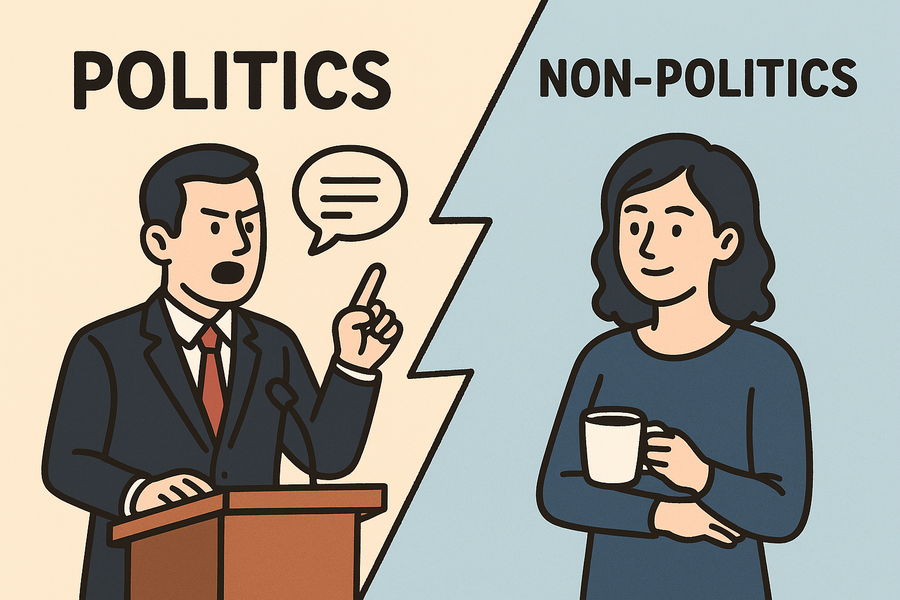A reader recently wrote to me that my pieces on culture, books, and spiritual issues are more interesting than my publications on political topics, since “politics is boring.” In purely theoretical terms, I am ready to agree with that. But there is one problem that calls such an assessment into question: where exactly is the boundary between what is political and what is “non-political”?
Suppose we are speaking about the commandment “Do not bear false witness.” Is that commandment not political? The statement “We did not falsify the elections” is political, is it not? And what does it mean to fabricate a case against the winning candidate in Vanadzor so that he does not become mayor? And what does it mean to attempt the same thing in Gyumri? Before national elections, is keeping political opponents in prison not an attempt to falsify the election results? In this way, the topic of a commandment becomes political.
At one time, the Council of Europe Commissioner for Human Rights visited Pashinyan in prison (and that was entirely the right thing to do). Was that politics, or simply an expression of humanism? And yet now no commissioner visits Bishop Mikael. Pashinyan is “theirs,” the bishop is not. Is that politics, or perhaps just personal sympathy?
The Prime Minister compares churches to storage closets; one of the bishops replies; in turn, the Prime Minister responds by descending into the most vulgar kind of slander. Is that a political phenomenon, or a medical one?
Read also
In Parakar, the head of the community was killed. The authorities reassure us that there is nothing political here, merely a vendetta. But can a vendetta not also be political?
Aram ABRAHAMYAN



















































